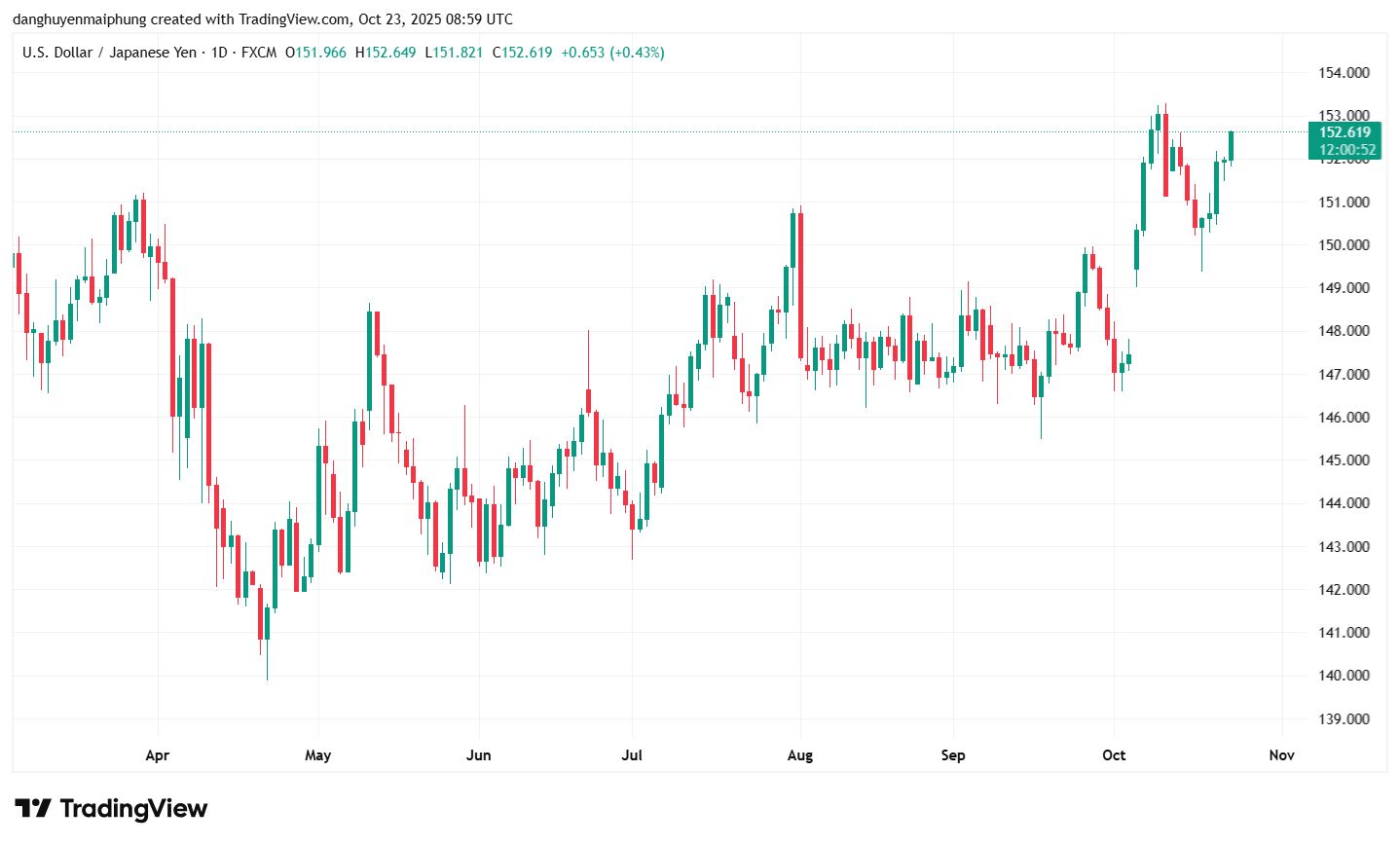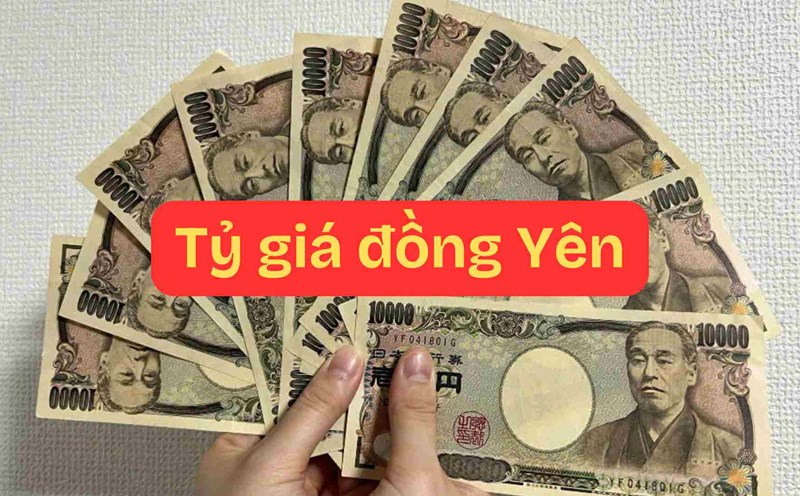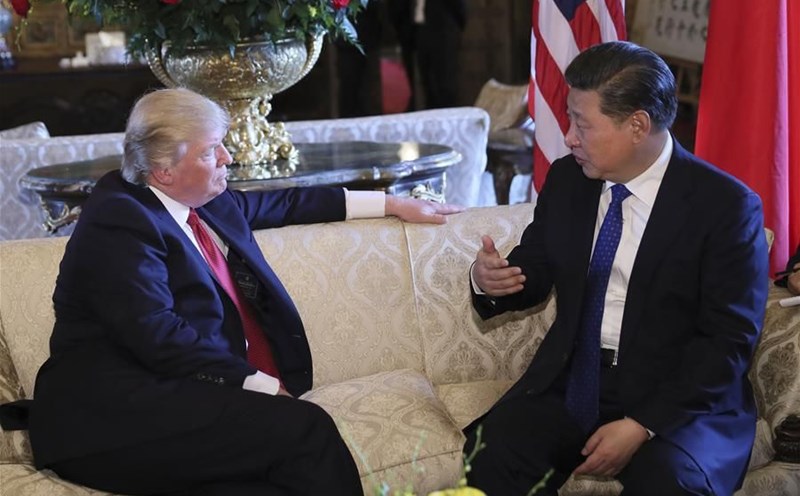Yen exchange rate today
According to Lao Dong, on October 23, the Japanese Yen (JPY) is under strong downward pressure, as the USD/JPY exchange rate remains around 152.50 - the highest level in many months. This development shows that market sentiment is leaning towards the possibility that the Yen will continue to weaken in the coming time.

The main reason comes from expectations that new Prime Minister Sanae Takaichi will pursue expanded fiscal policies and continue to support the loose monetary policy of the Bank of Japan (BoJ). Investors believe that the new government could launch a large-scale economic stimulus package next month, which could surpass the 13.9 trillion yen in 2023, to support growth and reduce inflationary pressures on people.
According to FXStreet, the BoJ is expected to keep interest rates unchanged at next week's meeting, despite inflation still above the 2% target. Although the market expects the BoJ to consider raising interest rates in January 2026, most analysts believe that monetary easing policy will continue to be maintained in the short term to support the economy.
Observers believe that if the Japanese government expands spending and the BoJ continues to maintain low interest rates, the interest rate gap between the US and Japan will continue to widen, causing the Yen to lose more value compared to the USD.
In addition, optimism surrounding the US-China trade outlook also contributed to supporting the USD. US President Donald Trump said he expects to reach many agreements with Chinese President Xi Jinping in the upcoming meeting in South Korea. If trade relations between the two countries improve, the USD could maintain its strength, putting more pressure on the Yen.
However, some experts warn that if the USD/JPY exchange rate breaks above 153, it is likely that the BoJ or the Japanese Ministry of Finance will intervene to curb the Yen's decline to avoid the risk of financial instability.
In general, in the short term, the outlook for the Yen is still leaning towards a downward trend, unless the BoJ gives a clear signal of tightening monetary policy or the government takes action to directly intervene in the foreign exchange market.











